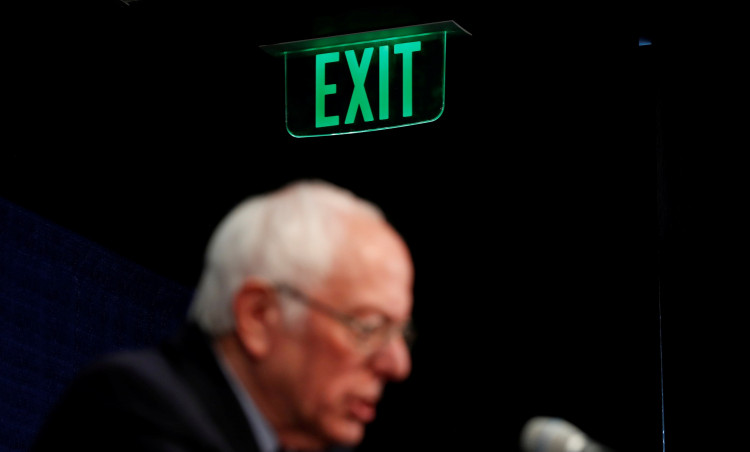Democrats, led by Senate Budget Committee Chairman Bernie Sanders, announced plans earlier this summer to enact a large reconciliation bill worth more than $3 trillion.
The reconciliation bill has gathered traction throughout the summer and contains several of President Joe Biden's plans that were not included in the bipartisan infrastructure package. A fourth stimulus check is one item that hasn't made the cut yet.
While Sanders and other lawmakers have been tight-lipped about why money was not set aside for a direct payment, the proposal contains some evidence.
The package includes funds to cover the Child Tax Credit changes' permanent. The bill also establishes a paid federal family leave program and ensures that families pay no more than 7% of their income for childcare.
However, some economists are concerned that the absence of federal safeguards and programs such as unemployment benefits and the eviction moratorium, along with a fresh wave of covid cases, would stymie the recovery.
More than nine million individuals applied for unemployment benefits in the weeks leading up to the termination of the programs, and Goldman Sachs believes that over 700,000 families might be evicted this year.
Sanders, who was not participating in the bipartisan talks, expressed his dissatisfaction with the package's absence of progressive measures.
He commented on the disillusionment many people have with the government in an interview with PBS, saying, people are "losing faith."
Congress will have a full slate of delicate - and colossally costly - things to sort out once the Senate resumes work on Sept. 13 and the House of Representatives follows a week later. More funding in assistance, especially at a time when the economy is improving, isn't a priority.
For those in California, however, things are somewhat better.
Gov. Gavin Newsom, who is up for a recall election, advocated for the $600 stimulus checks. A total of $354 million was paid out in the first round of roughly 600,000 payments. Last week, the payments began to appear in recipients' bank accounts.
The rest, according to California officials, will be distributed every two weeks. For many residents of the state, they amount to a kind of fourth stimulus payment.






